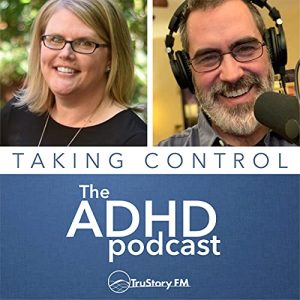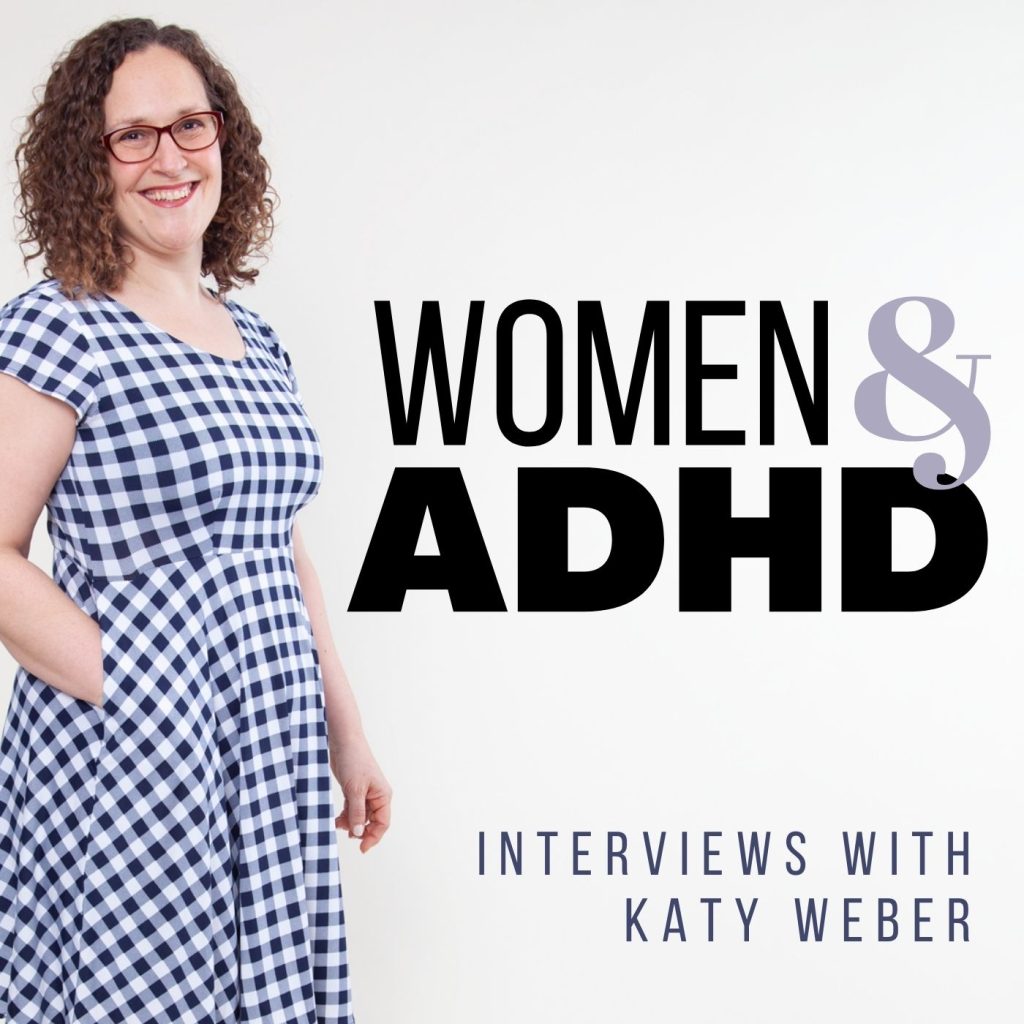Tag: ADHD
Intrepid Ed News – Knowing what to do next: Tips for better planning and prioritizing
“Knowing what to do next: Tips for better planning and prioritizing” by Dr. Sharon Saline Click here to read the article! 
YourTango: 5 Things To Try When Your Kid Says ‘No!’ To Everything
Women & ADHD Podcast: How do we know if it’s ADHD?
The ADHD & Women Podcast features Dr. Sharon Saline
“Dr. Saline and I talk about how her interest in ADHD as a psychologist was sparked by her own neurodivergent family. We also talk about inattentive type ADHD in childhood and why so many kids — both boys and girls — with inattentive ADHD end up overlooked and ultimately diagnosed with depression and anxiety instead of ADHD. We also talk about the adult diagnosis experience and the best ways for you and your doctor to determine whether you have ADHD as opposed to possibly another situational struggle.”
ABC4 Utah – Good Things Utah: What do you get when you combine Krispy Kreme and Twix?
YourTango: Daydreamers Are Basically Creative Geniuses — How To Harness A Wandering Mind
Intrepid Ed News: Let’s get started! 5 tips for helping kids get things done
YourTango: It’s Not Just Puppy Love — 4 Things You Must Do When Your Tween Has A Crush
Taking Control, The ADHD Podcast: Call Out Your Stinking Thinking! ADHD & Self-Compassion with Dr. Sharon Saline
Dr. Sharon Saline joins Nikki Kinzer and Pete Wright on Taking Control: The ADHD Podcast!
 “We’d never heard of the phrase stinking thinking until Sharon Saline used it with us on the show this week. But we knew what it meant immediately. We live with it. It’s the thinking we use about ourselves when we’re compromised or when our reserves of resiliency have been tapped, and when what we need more than anything else is just a little bit of self-compassion. But as ADHDers, finding self-compassion isn’t always natural. We have to make a practice of it, integrating the language and behaviors of compassion into our days and hours such that when we need it, it’s not so hard to find…” Listen to the episode below, or click here to listen at TakeControlADHD.com.
“We’d never heard of the phrase stinking thinking until Sharon Saline used it with us on the show this week. But we knew what it meant immediately. We live with it. It’s the thinking we use about ourselves when we’re compromised or when our reserves of resiliency have been tapped, and when what we need more than anything else is just a little bit of self-compassion. But as ADHDers, finding self-compassion isn’t always natural. We have to make a practice of it, integrating the language and behaviors of compassion into our days and hours such that when we need it, it’s not so hard to find…” Listen to the episode below, or click here to listen at TakeControlADHD.com.



